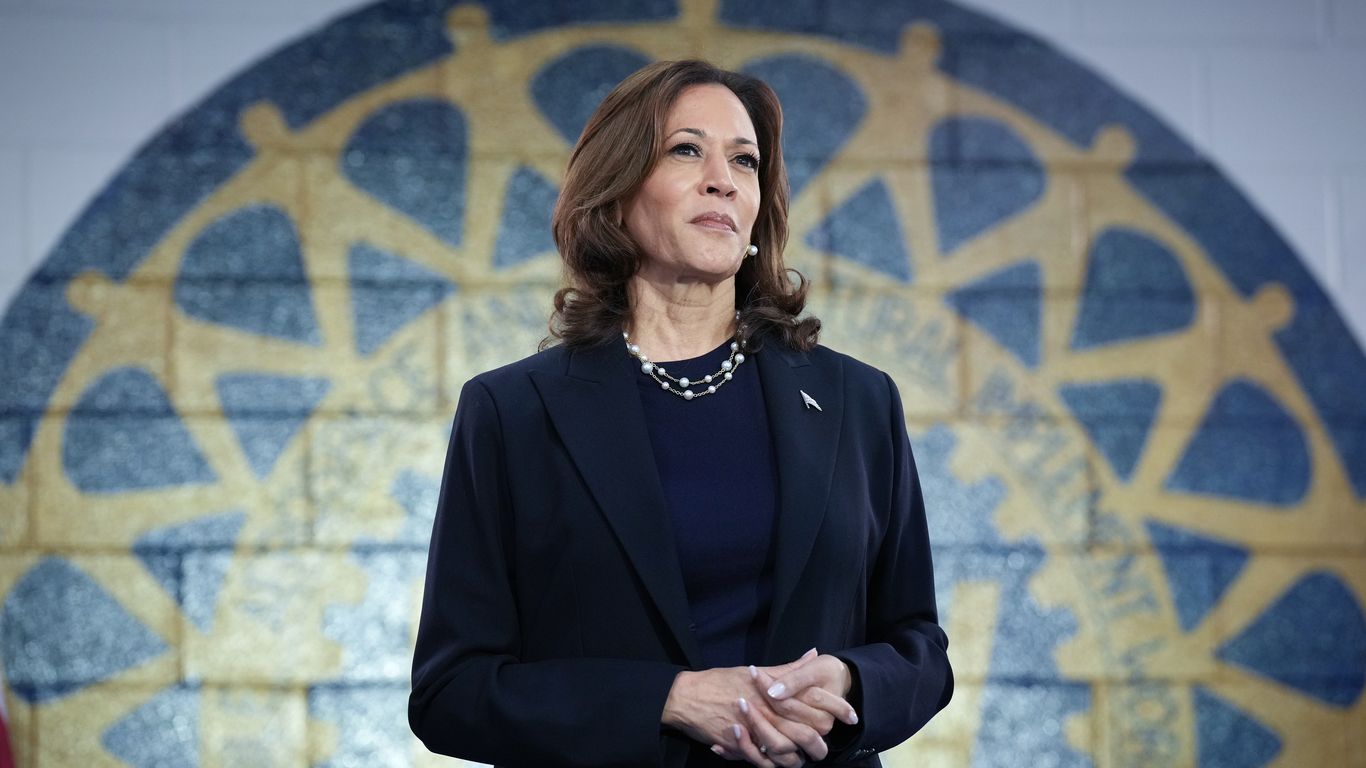Former Democratic Vice President Kamala Harris has formally announced her decision not to pursue a bid for California Governor in the 2026 election, a move that significantly reorients the landscape of US politics. This declaration comes amidst widespread speculation regarding her next steps following her impactful, albeit unsuccessful, run in the 2024 presidential election, where she assumed the Democratic nomination after then-President Biden’s unprecedented exit from the race.
Her potential entry into the California Governor race had garnered considerable attention, particularly as current Governor Gavin Newsom is termed out of office, creating an open field. Harris, a native of the Bay Area with deep roots in the state, would have undoubtedly entered the already crowded race with a distinct advantage, given her national profile and extensive political experience. However, her recent statement provides clarity on her immediate political ambitions.
In a statement shared publicly, Harris articulated, “After deep reflection, I’ve decided that I will not run for governor in this election.” She further elaborated on her position, stating, “For now, my leadership — and public service — will not be in elected office.” This pronouncement has naturally intensified discussions about her long-term political future and potential strategies for continued public influence outside of a direct electoral contest in the near term.
Despite ruling out the gubernatorial run, the possibility of another presidential bid for Harris remains a prominent topic among political analysts and party strategists. Her 2024 electoral performance, which fell short of the Democratic Party’s expectations, has prompted her to actively work on redefining her role and influence within the party, especially in the context of a second Trump presidency.
Harris reflected candidly on her prior campaign, hinting at a critical need for Democrats to thoroughly reevaluate their strategic approach if they aspire to connect more effectively with segments of the electorate who supported Republicans in 2024. This introspection underscores a recognition that past methodologies may no longer be sufficient for navigating the current political climate.
She powerfully articulated her perspective that the country’s political systems, governmental structures, and established institutions have “too often failed the American people,” characterizing the present moment as a “crisis.” This stark assessment emphasizes her view on the urgency of political reform and responsiveness to public sentiment.
Harris underscored that while Democrats should remain steadfastly committed to their core “values and principles,” they must simultaneously liberate themselves from an “old playbook” that she suggests contributed to the party’s loss of the White House and both houses of Congress. This call for strategic evolution signifies a desire for more dynamic and adaptable electoral tactics.
Looking ahead, Harris affirmed her unwavering commitment to actively support the election of Democrats across the nation. She also indicated that more specific details regarding her personal plans and future initiatives would be disclosed in the coming months, keeping the political community keenly awaiting her next major move in the evolving landscape of US politics and her significant impact on the 2026 election cycle, even from a non-electoral position.






Leave a Reply